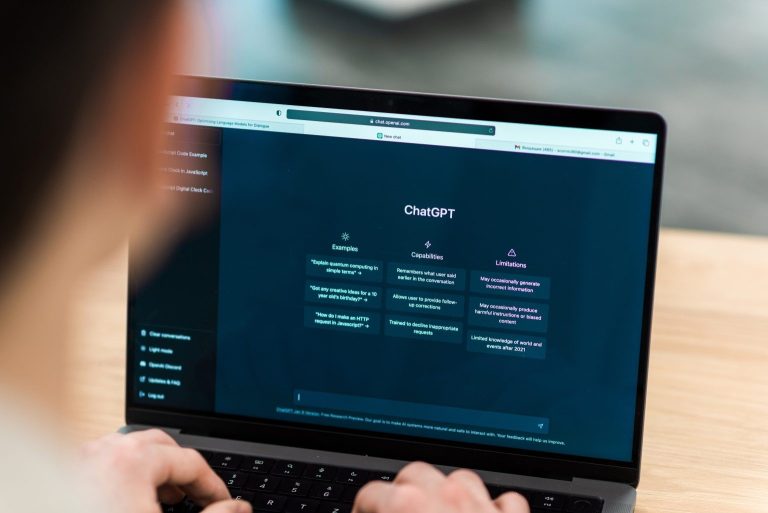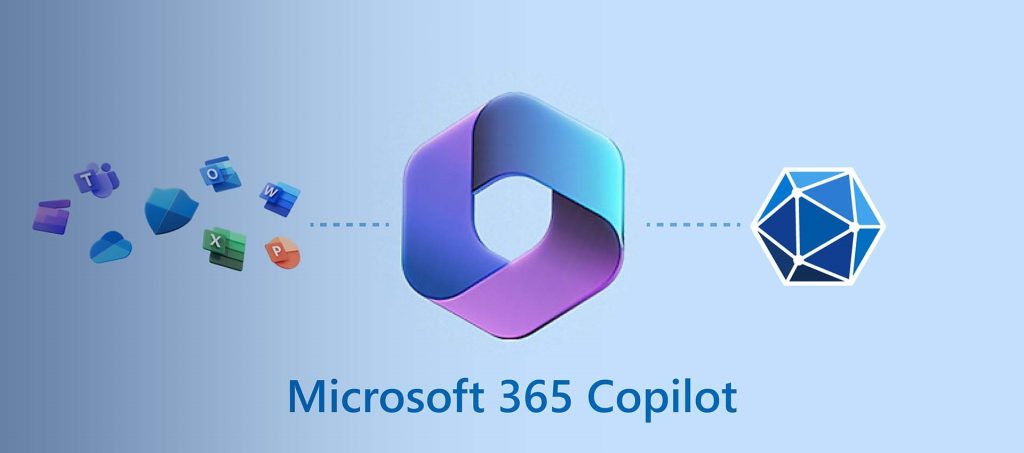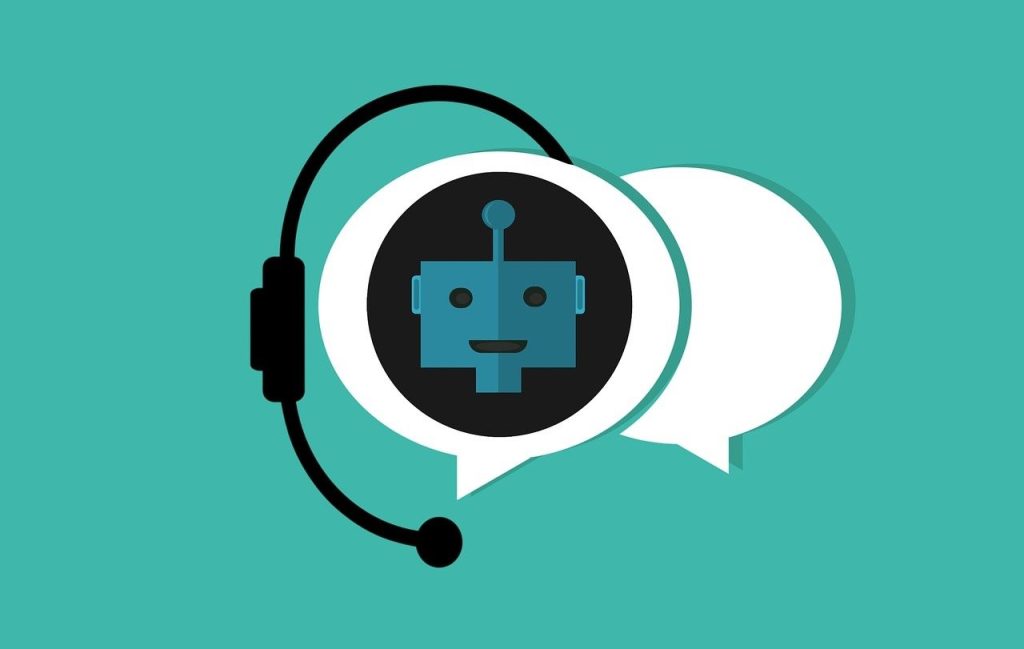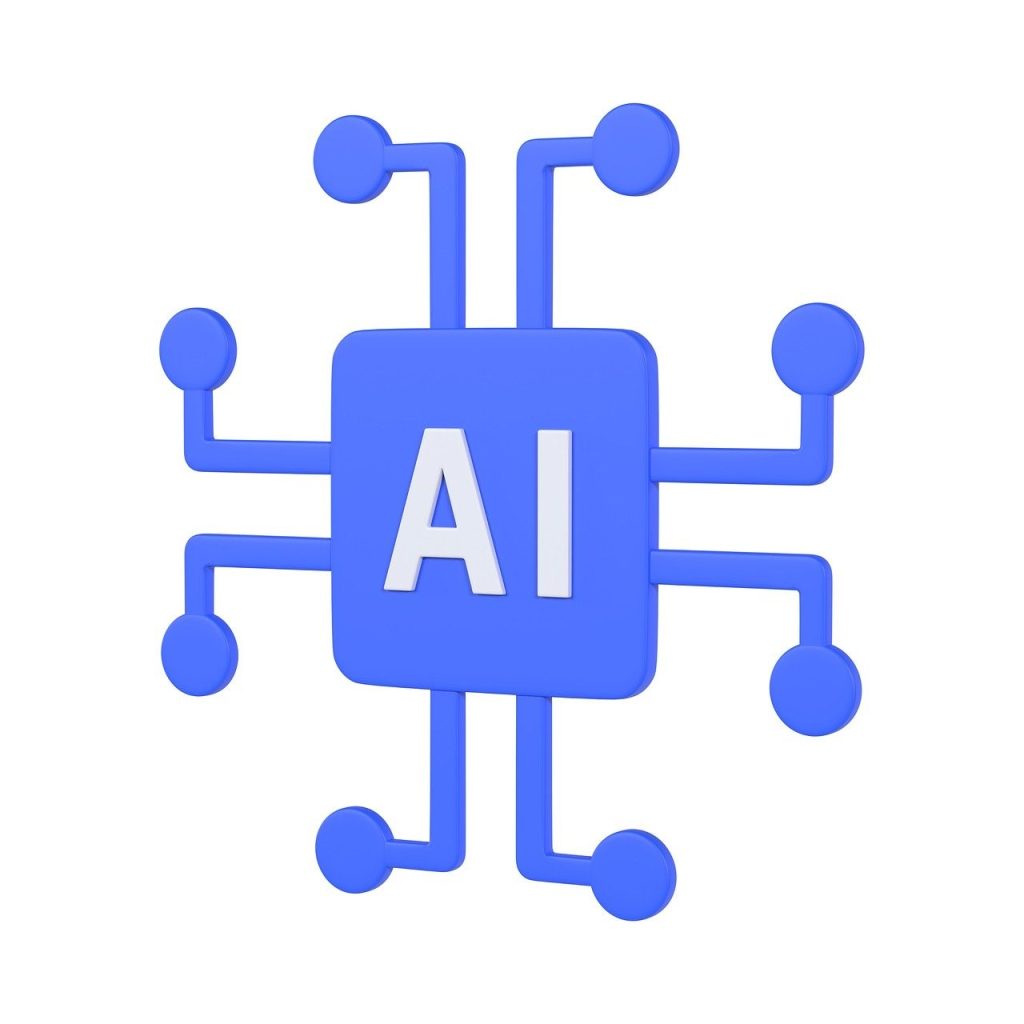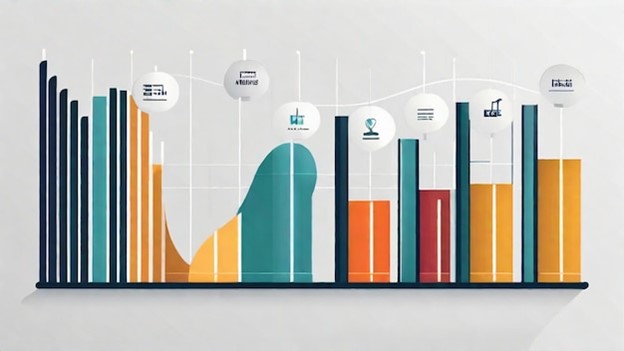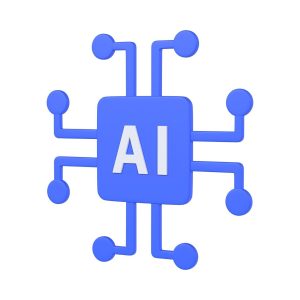In the realm of Artificial Intelligence (AI), data security holds utmost importance. Whether you’re an AI enthusiast or a professional, you’ve likely encountered the term ‘ChatGPT’. These are custom Generative Pre-trained transformers, popularized by OpenAI, that are transforming a variety of sectors.
Importance of Data Security in ChatGPT’s Custom GPTs
The significance of protecting data within any AI framework is paramount, and this is especially true for customized GPT models like ChatGPT. These models are engineered to comprehend, acquire knowledge, and replicate the nuances of human communication and actions. Their substantial ability to take in and handle vast amounts of information can be both advantageous and risky, making proper data management essential.
The proficiency of ChatGPTs to deliver precise answers and forecasts stems from their ability to access extensive volumes of sensitive information. However, this poses a risk if such data is acquired by unauthorized individuals. The fallout of this could be catastrophic, with the potential for personal details, private communications, and critical financial information to become compromised, resulting in serious invasions of privacy and substantial monetary damages.
In today’s world where decisions are heavily reliant on data, protecting that data goes beyond just preventing theft or loss. It’s crucial to maintain the trustworthiness and dependability of the AI systems in use. If data security isn’t adequately prioritized, the performance of AI applications may be undermined, resulting in unreliable forecasts and choices.
Common Data Breaches in AI Systems
Artificial intelligence platforms, such as specialized GPT models, are also susceptible to data security incidents. Comparable to conventional information technology systems, they face potential risks from a range of attack vectors. Whether it’s the danger posed by ill-intentioned employees or the advanced tactics of expert cyber criminals, the numerous threats to our data continue to change and grow.
A frequent form of security compromise in AI systems is known as data poisoning. In this scenario, a malicious entity alters the training data for an AI model, leading to erroneous outcomes or choices by the AI. It completely and smartly manipulate the form of the information.
Data leakage represents another prevalent issue where confidential data is accidentally revealed while the data is being handled or during the training phase of the model.
AI systems face considerable danger from advanced persistent threats (APTs). These types of attacks involve an attacker infiltrating the system and staying hidden for an extended period, resulting in substantial harm. Furthermore, the rise of AI-powered cyberattacks is a worrying trend. In these incidents, attackers utilize AI to enhance the magnitude, rapidity, and precision of their offensive operations.
The Vulnerability of Data in AI Systems
The susceptibility of information within AI technologies presents a significant issue. AI systems, which differ from conventional systems that follow strict rules, acquire knowledge through data, which naturally makes them more prone to issues related to data. Should the training data for these systems be prejudiced, insufficient, or not precise, the deficiencies in the data will be mirrored in the AI system’s results.
Artificial intelligence platforms such as the bespoke GPT models of ChatGPT are intricate and not easily decipherable. The mechanisms that drive these systems tend to be obscure, sometimes to the extent that even those who build them struggle to grasp their functionality fully. This opacity, often referred to as the ‘black box’ issue, presents difficulties in identifying and correcting any weaknesses linked to data.
The implementation of artificial intelligence across different industries, including healthcare, finance, and defense, entails that the information involved is frequently of a sensitive nature. Security violations in these areas can lead to grave repercussions, such as the theft of personal identities, fraudulent financial activities, and threats to the security of a nation.
Comprehensive Steps to Secure Your Data in Custom GPTs
Considering the criticality and susceptibility of data within AI frameworks, it is imperative to adopt thorough measures to safeguard your data in custom GPTs. The initial measure involves verifying that the data for training these systems is reliable, exhaustive, and free of bias. This necessitates strict data cleansing and verification procedures.
Subsequently, the establishment of stringent access restrictions is crucial. Access to the data and AI systems should be confined to personnel who have explicit authorization. Conducting frequent audits may assist in identifying any breach of access or unusual activities.
The application of data encryption stands as another essential safeguard. Encryption guarantees that, should the data be intercepted or accessed illicitly, it will remain indecipherable and of no value to the perpetrator. Persistently updating and applying patches to the AI systems can further defend against recognized security flaws and hazard.
Professional Services for Ensuring Data Security in ChatGPT’s Custom GPTs
Companies and institutions without the necessary tools or know-how to handle AI data protection internally may find great benefit in employing specialized services. Such services offer comprehensive packages that cover the entire process, including organizing data and creating systems, as well as establishing and supervising security measures.
Reputable Data Security Services
Numerous esteemed data security firms focus on protecting AI systems, such as personalized GPT models. These enterprises possess extensive knowledge in both artificial intelligence and data protection, keeping up to date with the most recent security risks and defensive strategies. Businesses and organizations can safeguard their AI systems, ensuring they are dependable and credible, by collaborating with these expert services.
Looking ahead: The Future of Data Security in AI
As AI continues to evolve and permeate various sectors, data security in AI systems will only become more crucial. From ensuring the accuracy and integrity of the data to protecting against breaches and attacks, there are many facets to this challenge. The good news is that with the right measures and tools, data security in AI systems is achievable. By prioritizing data security, businesses and organizations can harness the power of AI while safeguarding their data and maintaining their stakeholders’ trust.

